Warning on Aussie woman’s flesh eating virus
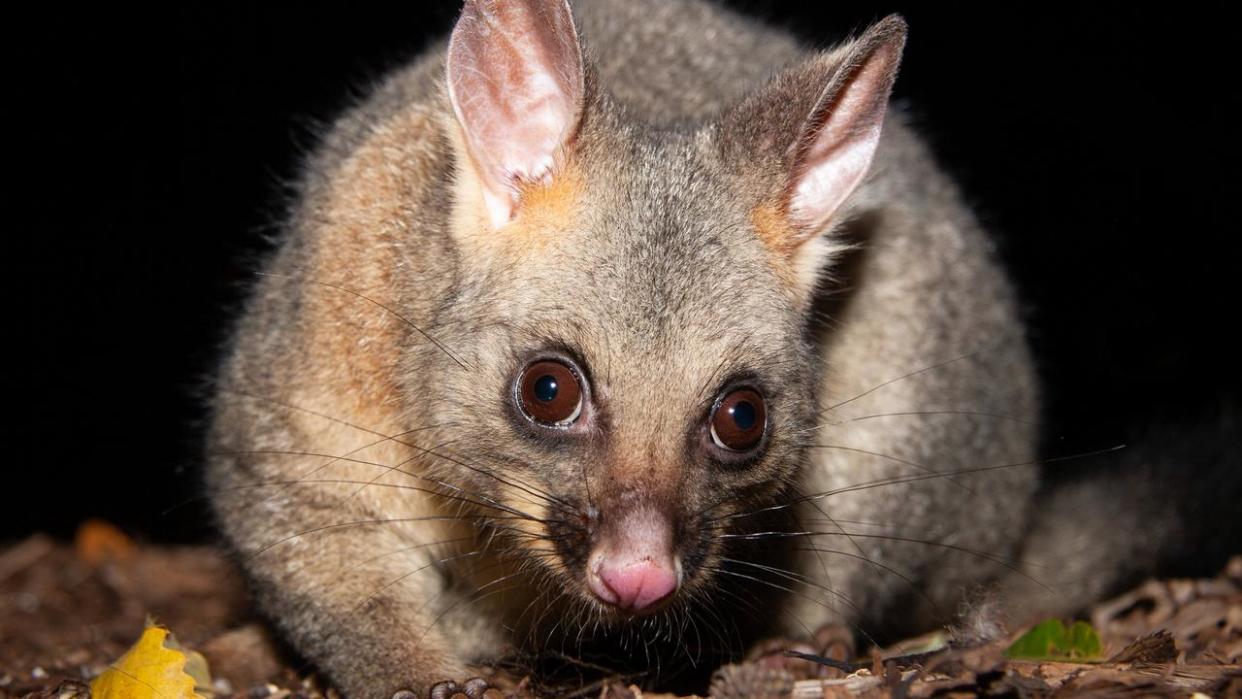
A Melbourne grandmother says she feared losing her leg after contracting a flesh-eating bacterial infection.
Victorians have been warned to remain vigilant after 66-year-old Fiona Wordie, who lives in Coburg in Melbourne’s north, suffered “shocking” pain after suffering the infection in her foot.
Ms Wordie told 7 News that the horrifying ulcer had left her “in agony”.
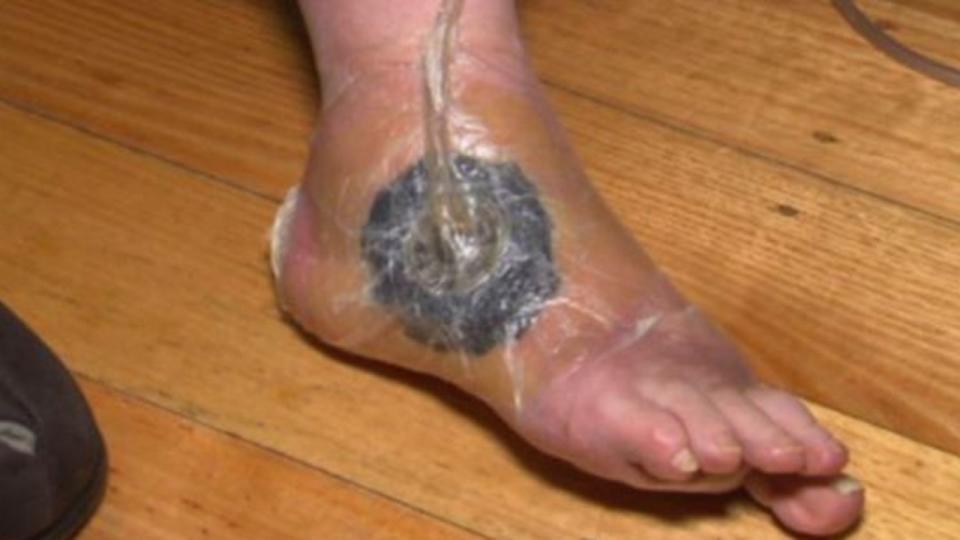
“I got nerve pain in the wound, and that is the worst pain I have ever felt,” she said.
“It was shocking. I thought I was going to lose my leg.”
Ms Wordie was diagnosed as suffering from Buruli ulcer which she believes she caught the infection from a birdhouse at her home.
“A possum lives in there,” she told 7 News.
While research into how the disease, also known as Bairnsdale ulcer, spreads to humans is still ongoing, the process is believed to involve both mosquitoes and possums.
If contracted, an infection can form in the subcutaneous tissue, the bottom layer of the skin, which can cause ulcers and skin loss.
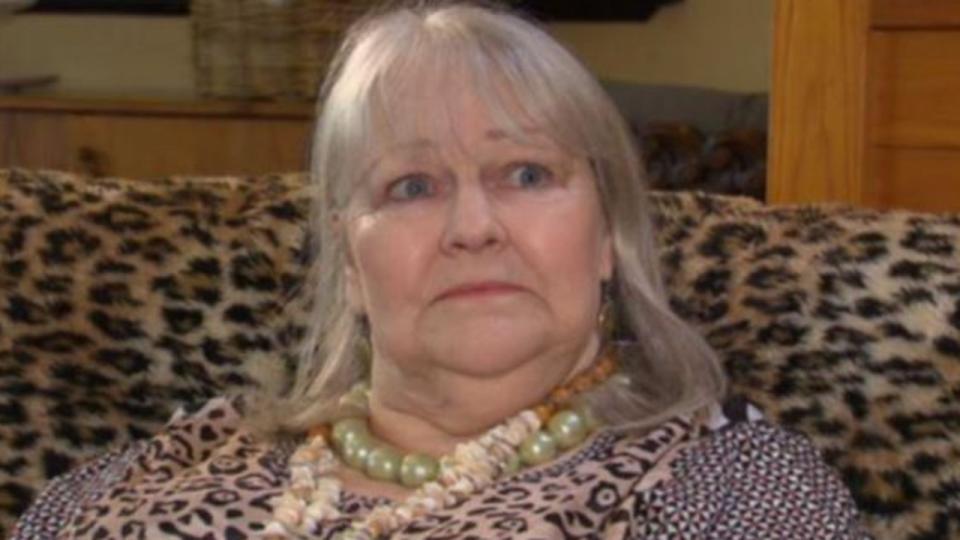
In some cases symptoms begin with a spot similar to a mosquito or spider bite, which then grows bigger, eventually forming into an ulcer that continues to grow.
While the ulcer is usually painless, the infection itself can cause localised pain, swelling and fever, raised lumps, or thickened or raised areas of skin.
Cases in Victoria vary from year to years but have been increasing to 200-340 cases per year since 2017.
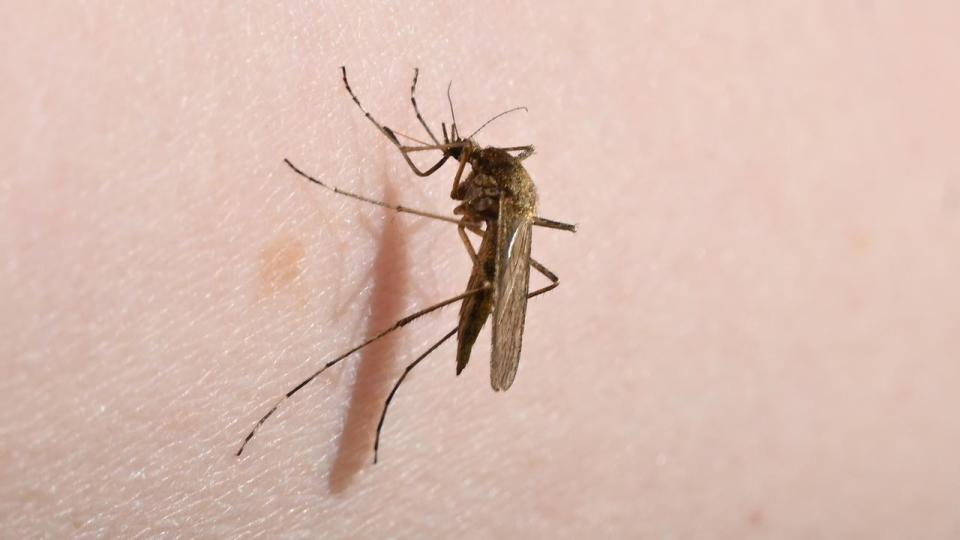
While it cannot be spread from person to person, experts are still investigating how the infection is contracted.
The bacterium that causes the infection is known to be found in large quantities in possum faeces, and it is believed mosquitoes play a role in passing the bacteria on to people.
The disease has been found in 33 countries as well as in Queensland and the Northern Territory.
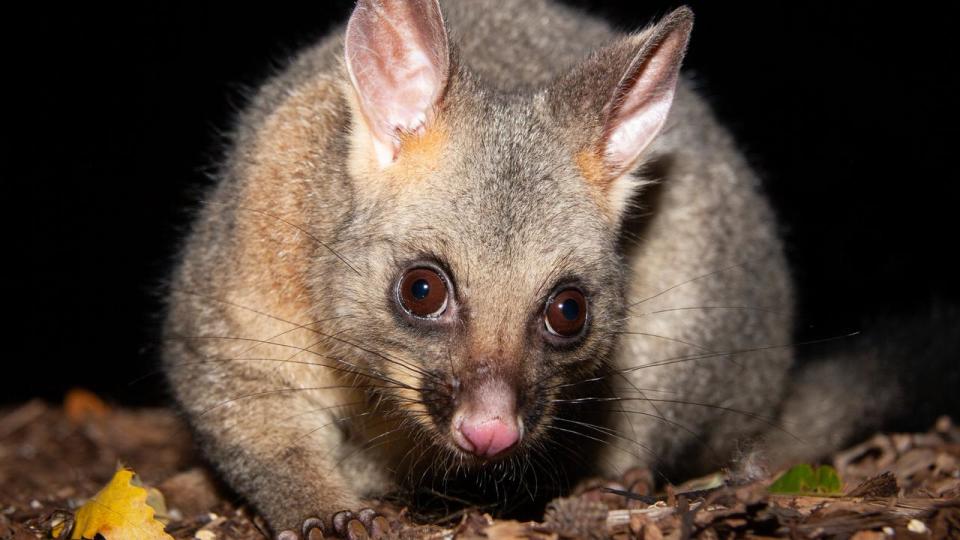
While it used to be confined to localised coastal areas in Victoria, Buruli ulcer has spread across the state in recent years to include areas in Melbourne’s inner northwest, such as Essendon, Moonee Ponds and Brunswick West.
The only known way to lower your chances of contracting the infection is to try and prevent mosquito bites, with the insects breeding up quickly in warmer weather.
Victorians have been urged to keep their limbs covered, apply insect repellent, avoid mosquito-prone areas especially at dawn and dusk and to wash their hands after being outdoors.
It is hoped that the hot and dry conditions brought on by the upcoming El Nino, announced by the Bureau of Meteorology on Tuesday, might lower mosquito numbers this summer.
Reduced mosquito populations will not be spread evenly across the country, however, with only inland areas set to see a decline.


